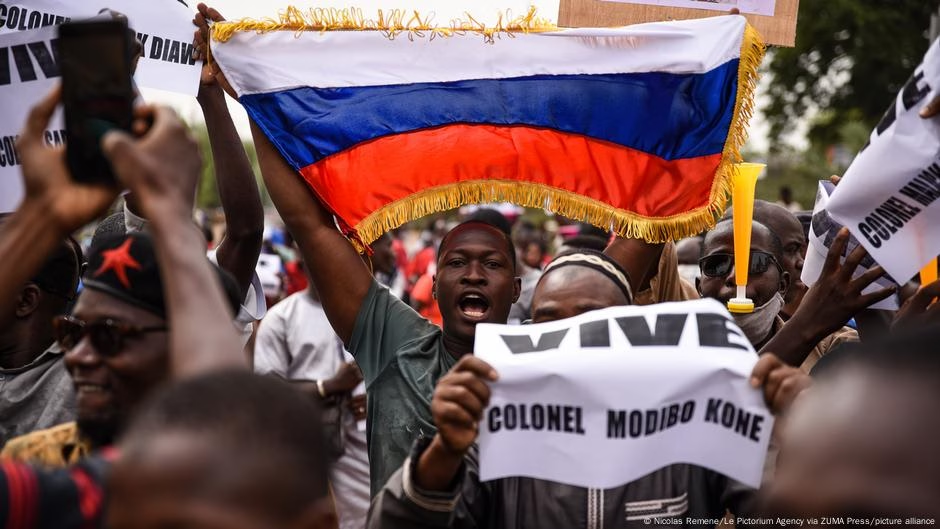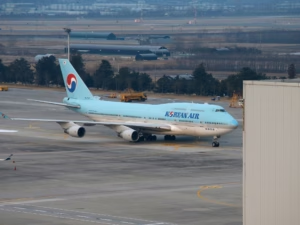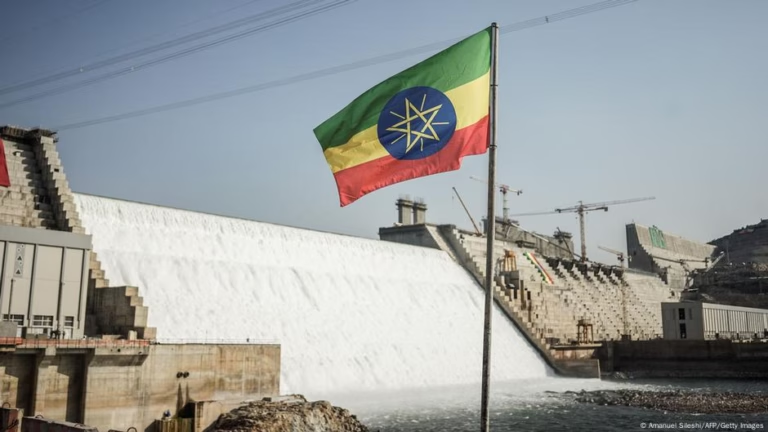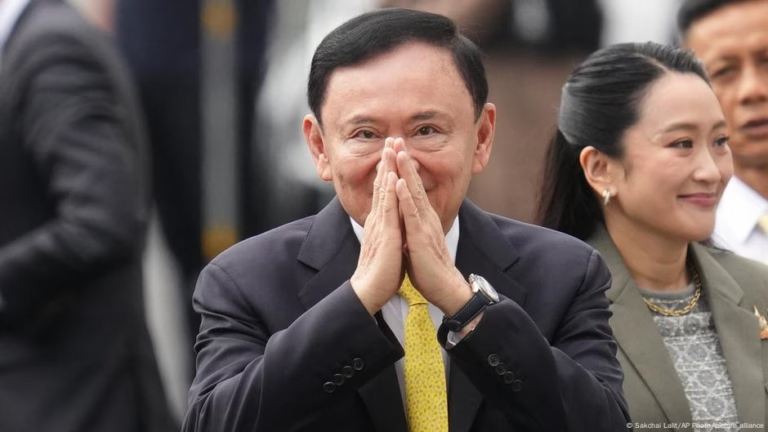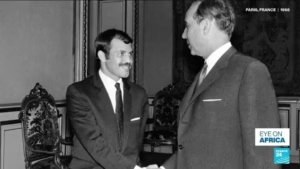Originally, Russian mercenaries appeared to be unstoppable as they gained a foothold in various African countries, invited by local governments. They secured access to valuable natural resources and established an apparatus that promoted pro-Russian positions within public discourse. However, their success story has faced setbacks. The rebels’ ambush on Russian mercenaries in Mali in July 2024 and the weakening of Russia’s influence following the collapse of the Assad regime in Syria have tarnished Russia’s once formidable image. Furthermore, ongoing reports of human rights violations by Russian mercenaries have also contributed to Russia’s diminishing influence in Africa. Experts recommend engaging rather than isolating states with Russian mercenaries, applying diplomatic pressure on Russia’s logistics partners, implementing coordinated sanctions against Russian mercenaries, and combating Russian disinformation. Despite concerns, ECOWAS needs to work with the Sahel Alliance and find alternative solutions to oppose rebels. Russia’s security services have undergone significant changes, with the Russian Ministry of Defense taking over large parts of the Wagner Group. The loss of bases in Syria due to the regime change has made it necessary for Russia to establish new bases and logistics partners. Moscow’s ambitious push into Africa is driven by strategic and political motives, but the future of Russia’s presence in Africa remains uncertain.
Source: https://www.dw.com/en/how-can-africa-reduce-the-influence-of-russian-mercenaries/a-71950758?maca=en-rss-en-all-1573-rdf
